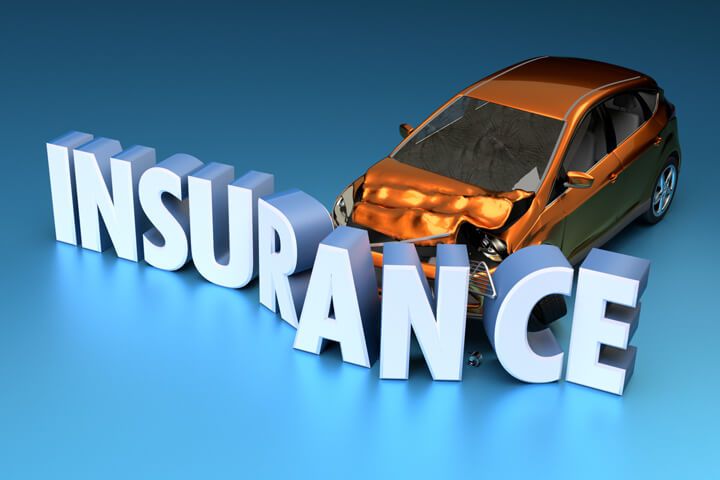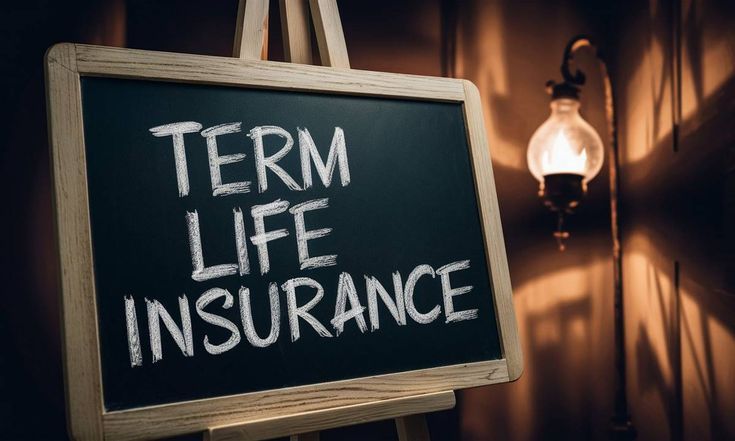Wondering how car insurance works? This detailed guide explains everything in simple terms, including types, costs, and why you need it.
How Does Car Insurance Work? A Complete Beginner’s Guide
Car insurance is a means for you to protect yourself financially in the event that something happens to your car. If you get in a car crash, your insurance can help pay for the damage, the injuries and maybe even legal trouble. This protects you from having to pay a fortune out of pocket. So, what is car insurance anyway? It operates by you paying a monthly or annual fee, which is known as a premium, to an insurance company. In exchange, they agree to help pay some of the costs if an accident occurs.
Learn how car insurance works and what types of coverage are available. Once you know how it works, you can select the right type of insurance and drive with greater peace of mind.
What is Car Insurance?
A car insurance is a contract between you and an insurance company. You pay a fee (a premium) and, in return, the company agrees to be responsible for paying for certain types of damage or loss.
It covers:
- Accidents
- Theft
- Natural disasters
- Injury to others or their property
Most jurisdictions mandate that you have car insurance.
Car Insurance Importance Why Do You Need Car Insurance?
Why car insurance is so important Car insurance is valuable because it is peace-of-mind inducer. If you’re responsible for an accident, your insurance foots the bill, instead of leaving you to pay hefty bills. It makes it easier to stay on the right side of the law (since it is also illegal to drive without insurance in most countries).
Facts:
- Forty-nine states in the U.S. require drivers to have car insurance.
- The average accident, when uninsured, can cost more than $20,000.
How Does Car Insurance Work? (Explained Step-by-Step)
The basic process of how car insurance works is simple:
- You Buy a Policy – You select a plan enjoy the peace of mind that comes from paying for it.
- Drive Safely – Keep your car on the road if you can help it.
- Shit Happens – When something goes wrong, report it to the insurance company.
- The Company Investigates – Was the damage done?
- They Cover Repairs – If you’re covered, they take care of repairs or medical bills.
Power Tip: The quicker you report an accident, the sooner you will receive help.
Car Insurance: Types of Coverages
Car insurance comes in various forms. They are all different in some way. Understanding what you actually want can save you money.
Liability Insurance
This covers damage you do to other people’s cars or property. It also pays for their medical expenses.
Collision Insurance
This one covers your car if it hits something — say, another car or a tree.
Comprehensive Insurance
This will cover non-crash damage such as theft, fire and hail.
Personal Injury Protection (PIP)
This takes care of your own medical bills, regardless of whose fault the accident was.
Uninsured Motorist Coverage
This comes in handy if you get hit and they have no insurance.
Comparison Table: Types of Car Insurance
| Insurance Type | What It Covers | Needed By Law? |
|---|---|---|
| Liability | Other people’s damage and injuries | Yes |
| Collision | Your car in a crash | No |
| Comprehensive | Theft, fire, weather, animals | No |
| Personal Injury Protection | Your medical bills | Depends |
| Uninsured Motorist | If the other driver has no insurance | Depends |
How Much Is Car Insurance?
Auto insurance costs can vary based on your age, driving history, vehicle type, and location. In the United States, the average annual cost is about $1,700.
Factors That Affect Price:
- Age(Younger drivers will pay more)
- Car type (expensive cars have more expensive insurance)
- Place (Rates are typically higher in cities)
- Driving record (Accidents = more $$ you pay)
Fact: Teenage drivers pay on average about $3,500 a year since they are classified as high-risk.
The Best Car Insurance for You
If you are selecting a policy, think about what you need. Are you in it to stay or seeking just a bit of peace of mind? Ask yourself:
- Can I afford to pay to repair my car if it’s damaged?
- Do I drive in busy areas?
- Is my car new or old?
Pro tip: Always shop around by getting three quotes first.
Common Car Insurance Terms You Should Know
| Term | Meaning |
| Premium | The money you pay monthly or yearly |
| Deductible | The amount you pay before insurance helps |
| Claim | A request for payment after an accident |
| Policy | The official agreement between you and the company |
| Coverage Limit | The highest amount your insurer will pay |
Real-World Example: How a Claim Works
Say Jane crashes her car into a pole. Her insurance has:
- Collision coverage
- A $500 deductible
The repair cost is $3,000. Jane pays $500, and the insurance pays $2,500. That is how auto insurance makes you save funds.
Advantages of Being Ensured With Automobile Insurance
- Financial Safety – Save yourself from big out-of-pocket costs.
- Legal Safeguard - Keeps you compliant with the law.
- Peace of Mind – Being able to feel safe and secure knowing your covered.
FAQs: How Does Auto Insurance Work?
Q1 : If I don’t drive much, do I need car insurance?
Yes, if you live in most states, despite how infrequently you drive.
Q3 : Am I able to cancel my policy?
Yes, but you might get hit with a cancellation fee. Make sure to ask your provider.
Q3 : What if someone else drives my vehicle?
Your insurance typically still covers them if they have permission.
Q4: Will my insurance increase after an accident?
It might especially if the accident was your fault.
Q5: How can I save money on car insurance?
You can increase the deductible, maintain a clean driving record or bundle with home insurance.
Final Word: How Does Car Insurance Work
So, how does auto insurance actually work? It provides you financial and legal protection when things go wrong. You pay a fee, and the insurance company pays the cost of an accident, theft or damage. Choosing the right plan keeps you safe and prevents you from getting slammed with a big bill. Make sure to review your policy and shop around to make comparisons.
If you want to learn more, check out Insurance Information Institute for updated details.


